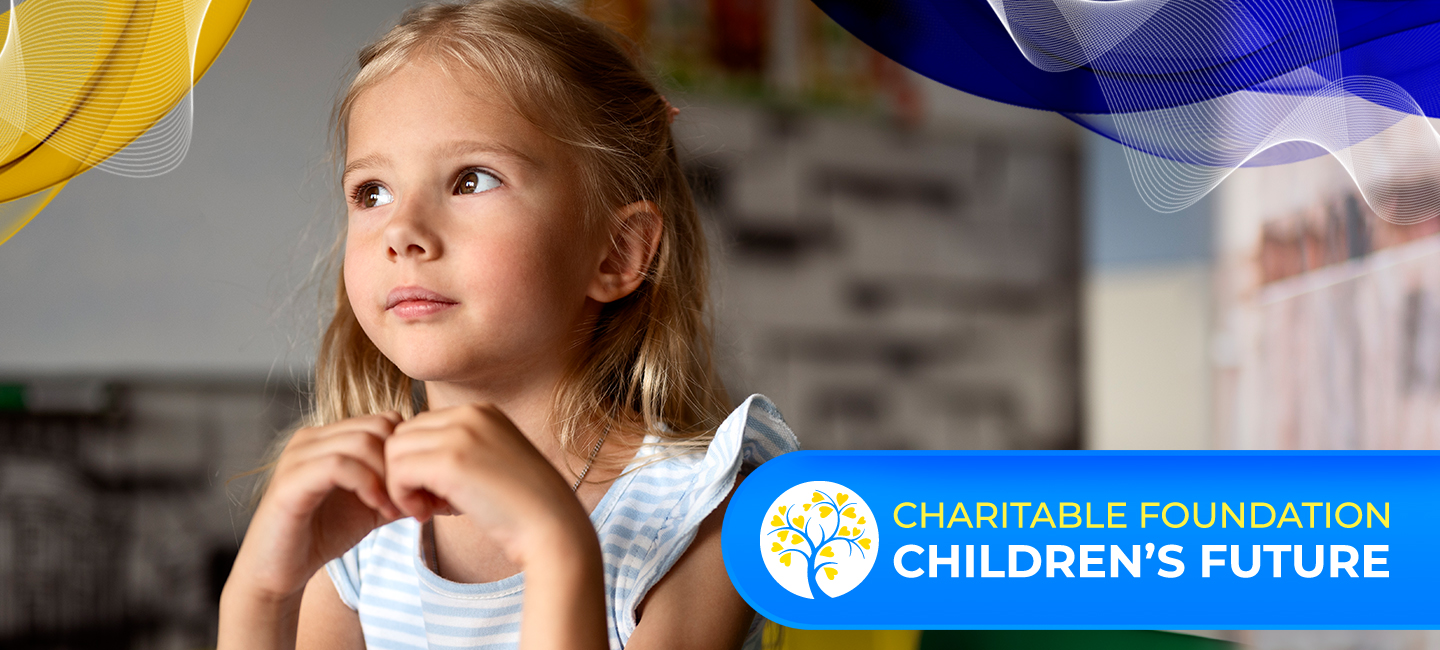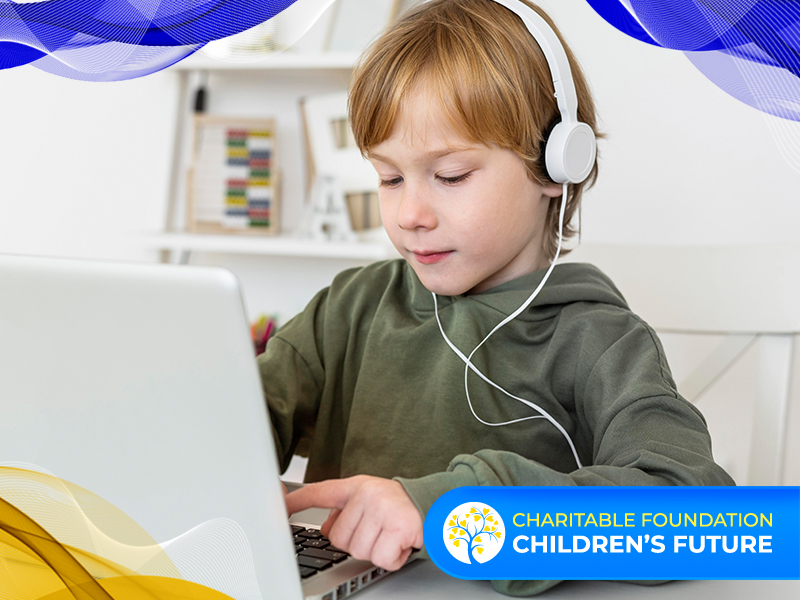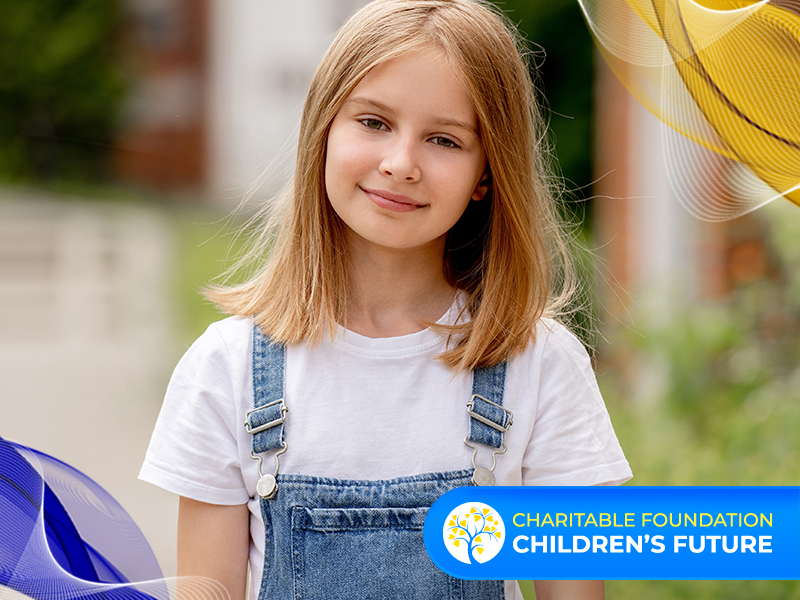Today, much attention is given to teaching and developing useful skills in children who find themselves in conflict zones. But is this enough for a fulfilling childhood? And can emotional well-being affect students' success? Let’s explore why it is important to balance education with emotional development.
Factors Affecting Emotional Well-Being
Emotional well-being refers to a child's psychological state, which influences how they feel and how well they manage daily tasks. Let’s look at the main components of well-being:
- Emotional Safety. Children need to feel that their environment accepts and understands their emotions without restrictions or judgment.
- Support. Loved ones should help address problems that a child might not be able to handle due to a lack of life experience, necessary knowledge, and skills.
- Flexibility. Emotional well-being depends in part on the ability to manage behavior and adapt to changes in life, as well as the ability to find positive aspects in any situation.
- Self-Esteem. This is the belief in oneself and one’s abilities, understanding one’s strength and value.
- Social Skills. Emotional well-being requires the ability to communicate with others, build healthy relationships, and resolve conflicts peacefully.
- Perception. The ability to accurately interpret one's own emotions and empathize with others also defines a child’s emotional well-being.
Impact of Emotions on Learning
Research shows that emotional well-being not only indicates how satisfied a child is with their life but also has a significant impact on education and self-development. When students feel confident, they typically adapt more easily to new learning environments and are more diligent in acquiring knowledge.
Children with higher levels of emotional well-being achieve success more quickly because they are able to communicate effectively with others, fully concentrate on new material, and avoid distractions. This helps them manage stress and conflicts that may arise in school life. Additionally, emotionally mature children are more likely to be guided by humane motives, such as compassion and empathy, work well in teams, enthusiastically engage in group projects, and assist their classmates. All these factors contribute to a positive classroom environment.
How to Achieve Harmony?
Balancing emotional well-being and education requires special attention from parents and teachers. Key aspects to focus on include:
- Create a Supportive Environment. Family relationships impact a student's emotional well-being. Ensure support, love, and understanding at home so the child feels secure.
- Consider Individual Needs. Every child is unique, so it is important to listen and understand individual needs. Adults should adopt a flexible approach to parenting, help children express their interests and preferences, discover their abilities and talents, and support their overall personal development.
- Promote Emotional Literacy. To achieve well-being, teach children to recognize and properly express their emotions. Explain effective stress management and conflict resolution strategies.
- Encourage Communication. Help children develop communication, collaboration, and empathy skills. Share your own feelings and experiences, and teach them to listen to others and consider their feelings.
- Stimulate Self-Improvement. Encourage students to set goals, continuously learn new things, and strive for improvement. Highlight achievements and offer support in case of setbacks.
- Ensure a Positive Learning Experience. Create a learning environment where every student feels comfortable. Support children’s interests and help them develop skills that are important for success in school and future life.
Remember, the Charitable Foundation "Children’s Future" aims to provide not only academic education but also psychosocial support for children affected by war. Explore our programs and initiatives to learn more.

















